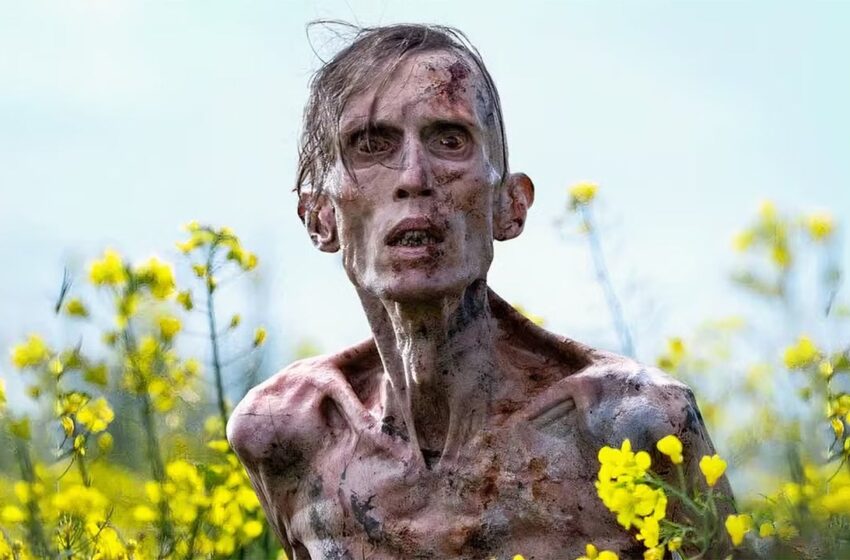‘28 Years Later’ review: Danny Boyle returns with a Gritty, thought-provoking zombie sequel

‘28 Years Later’ review: Danny Boyle returns with a Gritty, thought-provoking zombie sequel.
More than two decades after redefining the zombie genre with 28 Days Later, acclaimed director Danny Boyle and writer Alex Garland return with 28 Years Later—a haunting, emotionally resonant continuation of the franchise.
Rather than relying solely on gore and shock value, the film expands the universe with powerful reflections on survival, community, and what it means to be human in a post-apocalyptic world.
Set nearly three decades after the initial Rage virus outbreak, 28 Years Later introduces audiences to Spike (played by Alfie Williams), a young boy raised on a remote Scottish island, and his father Jamie (Aaron Taylor-Johnson). Together with other survivors, they live in a primitive, tightly knit community that has managed to remain virus-free by cutting itself off from the rest of the world. However, when Jamie learns that his wife Isla (Jodie Comer) may be dying, he and Spike are forced to venture into the infected mainland of Britain in a desperate attempt to find help.
According to Variety, the film is far more than a horror sequel. It is a “meditation about family and community, hearth and kin,” drawing parallels between the collapse of civilisation and the vulnerability of personal relationships. The film’s emotional core is strengthened by its intimate storytelling, focusing less on large-scale action and more on human fragility and connection amid chaos.
Boyle’s return to the director’s chair is marked by striking visual storytelling. He blends traditional camera work with footage shot on iPhones, creating a raw, immersive aesthetic that mirrors the characters’ psychological disorientation. The decision enhances the immediacy of the film, making the viewer feel like a participant in this collapsing world. Meanwhile, the punk-rap soundtrack by Young Fathers underscores the unease with a defiant energy.
Performances are another strong point. Ralph Fiennes delivers a chilling turn as a mysterious antagonist encountered on the mainland, while Jodie Comer and Aaron Taylor-Johnson ground the film with emotional depth. Young Alfie Williams is a breakout star, portraying a coming-of-age transformation that is as heartbreaking as it is powerful.
Critics have responded positively to the film’s direction. 28 Years Later holds a solid 94% critic score on Rotten Tomatoes and a 78/100 rating on Metacritic, praised for its thoughtfulness and visual intensity. While it carries some of the genre’s tropes, it manages to feel fresh and relevant, especially in a post-pandemic world where themes of isolation, fear, and resilience strike a universal chord.
Though the film ends with a cliffhanger that leaves room for a potential 28 Years Even Later, it stands on its own as a complete story—one that redefines the zombie film as a lens for human introspection and survival ethics.

